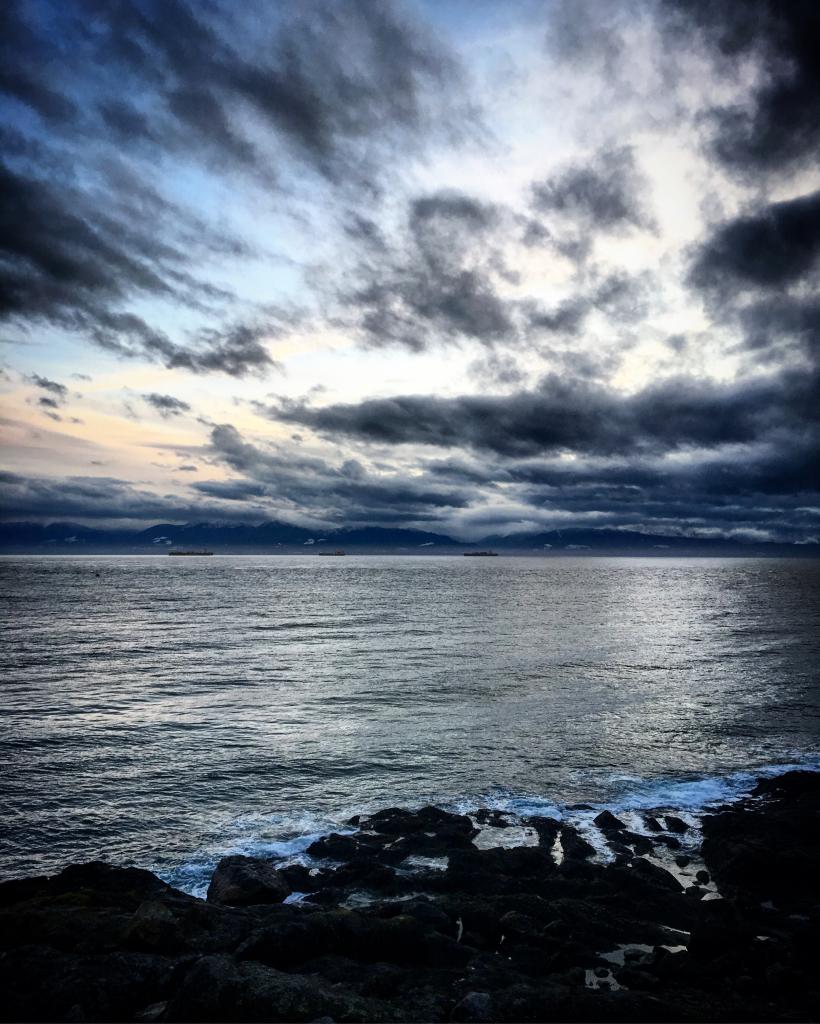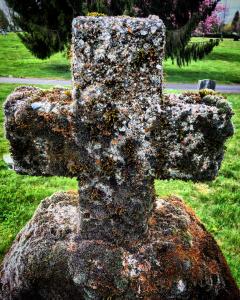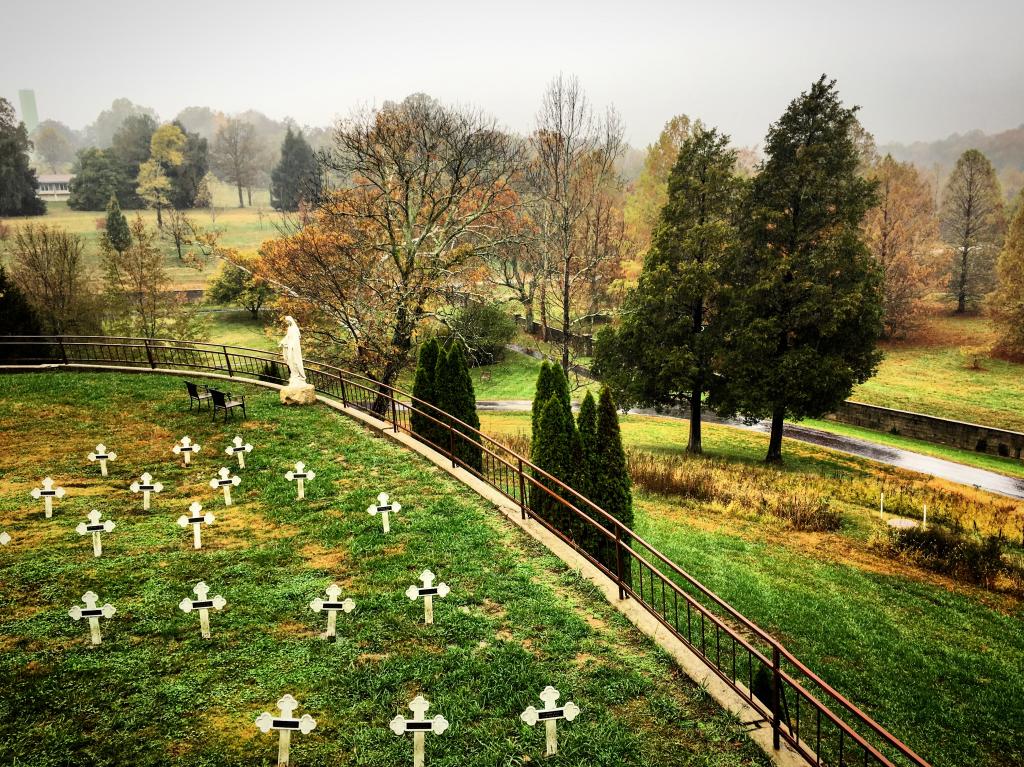In the episode entitled ‘Religion’ in the much anticipated second season of Aziz Ansari’s show ‘Master of None,’ Aziz’s character Dev Shah finds himself forced to pretend he is an observant Muslim to please his parents. Aziz was himself raised Muslim, but does not practice, or take religion all that seriously. In the episode, Dev’s devout aunt and uncle are in town, and his parents pressure him to say he is fasting for Ramadan, regularly attends the Mosque for prayer, and observes Muslim dietary laws by not eating pork. True to his millennial obsession with authenticity, Dev prefers being honest to keeping up appearances, and eventually tells his relatives and shocked parents after he orders a pork dish at a restaurant: “I’m not that religious, and I eat pork. But it’s OK because I’m a good person and I’m 33 years old and I can make those decisions. I eat what I want. And I want to eat the crispy pork with broccoli.”
His parents are embarrassed and angry, and they actually leave the restaurant. Back at home, his parents stand over Dev like a child and tell him how embarrassed they were, and how offended his relatives were. Dev retorts that he is just not that religious and that “for you guys religion has its cultural value, I get it, it’s not like that for me. Its people calling me terrorist and getting pulled out of airport security lines.” That was the first red flag.
The episode ends with Dev reconciling with his parents, his father simply telling him that he can do whatever he wants, unless his mother is around, because it “hurts her feelings.” Then, pulling a Qur’an from his shelf that his mother gave him, Dev finds a note from his mother; it reads: “Dev, when I went to school my mother gave me a Quran. And I want to do the same for you. If you are confused, scared or worried read this, and maybe you will find some knowledge. Love, Ma.” Dev, flips through the book and finds this verse: “To you your religion, and to me mine (109:6).” He sends it as a text to his mother and then says something sassy about not forcing people to be religious. She shoots back, “At least you read it, and don’t eat crispy pork!” He finally quips, “Does bacon count?”
Now, I am absolutely a fan of Aziz’s work, and have really enjoyed ‘Master of None’, especially its fresh cinematic style, engagement with social media culture, and the episodes that give voice to those Americans who are grossly underrepresented in popular media. And I get Aziz’s political point that much of the fear that begets Islamophobia has to do with representation. By portraying Muslims that are in every way “just like us” he hopes to foil the xenophobic and Islamophobic rhetoric that surges every time ISIS manages to deliver a blow to the West.
But my problem is with how narrowly Aziz and his writers treats religion. What I find troubling about an episode entitled “Religion” is that ultimately, religion is not really of interest to Aziz, or his character Dev. Aziz’s stand up is not that political, and not at all religious. Some were surprised to learn that he even was Muslim after he penned an Op Ed in the New York Times after the Orlando nightclub shooting in 2016. In the aftermath of the insidious attack that left 49 people dead, Aziz spoke up for his Muslim family against the campaign rhetoric of then Republican presidential nominee Donald Trump, who was calling for a Muslim ban. And yet, in the recent Manchester attack, ISIS has claimed responsibility for yet another senseless, brutal act of violence in the name of God.
Here are the opportunities I think Aziz and his writers missed on religion:
- For all Dev’s typically millennial pursuits of romantic love, good food, exciting adventures, and fame as an actor, he is chronically unhappy. In the episode entitled ‘The Dinner Party’, when his forbidden love interest Francesca gets out of the Uber car to go home to her fiancé, the camera fixes on Dev for an almost four minute continuous shot as he sulks in the back of the car, his loneliness and longing for happiness on full display. I am not saying that religion will fix all his problems, but Dev’s character does not even seem to entertain the possibility that his mother is right. That the Qur’an could offer him something valuable, that attending prayer with his peers might begin to awaken something deep in his soul that satisfies in a way that nothing else ultimately can. For Dev, not unlike Muslim scholar Reza Aslan, religion is just a cultural identity, and for image conscious millennials, and potential victims of Islamophobia that is a liability not an asset.
- If Aziz and the writers of ‘Master of None’ think that seeing more Muslims like Dev or even his parents will help assuage Islamophobia in the West, I think his hopes are misplaced. If we truly want to live in a pluralist society, a society where all religious people are free to practice their religions, and free to be religious, then we need to tell religious people’s stories. For all the hard work the writers do to bring marginalized voices to the screen, one of the few he leaves out are devoutly religious people (his aunt and uncle have hardly any lines). It seems that the makers of ‘Master of None’ are doing precisely what they are so critical of: only giving voice to those that (religiously at least) look a lot like them.
- The show has a razor sharp ethic of inclusion and social justice, yet, has literally nothing to say about the rich traditions of social justice in religion. Yes, religion has a lot of work to do, and there are wings of every faith that are actively fighting against inclusion and social justice. But abandoning religion because of some of its more troubling aspects is throwing the baby out with the bathwater. For example, in the episode entitled “Thanksgiving,” the character Denise shows how coming out to her family was heartbreaking and hard, and scary and uncomfortable. But Dev and Denise keep going back every year because family and tradition are important, and they eventually came around. I think is a great parable for religion. Showing up is part of the battle.
Shows like Master of None are so important. They show TV audiences the human experiences Hollywood and other Netflix shows are leaving out. However, if we want to live in a truly pluralist society and not just a secular one, we need to be comfortable seeing Muslims on TV who are actually practicing their faith.












